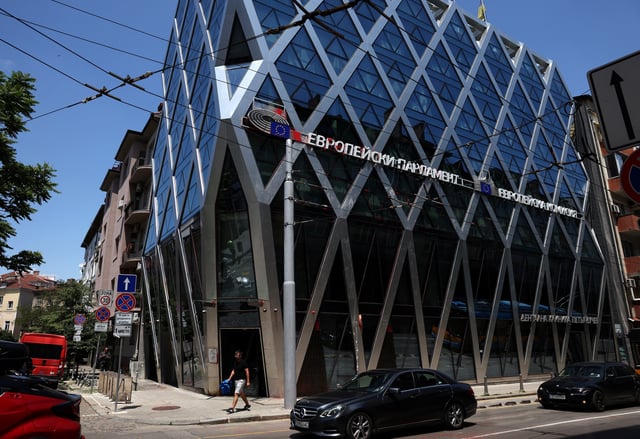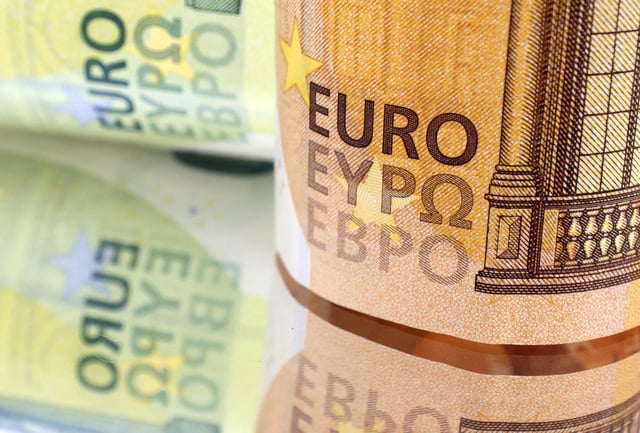Overview
- European Commission found Bulgaria met requirements on inflation, public debt, budget deficits and exchange-rate stability, paving the way for a euro launch on January 1, 2026.
- EU finance ministers are scheduled to vote on the accession and fix the lev-to-euro conversion rate at their July 8 meeting.
- Joining the eurozone will give Bulgaria a seat on the European Central Bank’s Governing Council and is expected to lower borrowing costs while boosting investor confidence.
- Opinion polls show around 50% of Bulgarians oppose the switch, with demonstrations in Sofia and elsewhere warning of price hikes and erosion of monetary sovereignty.
- Only six EU members—including Poland and Sweden—will remain outside the single currency, highlighting Brussels’ ambition to deepen economic integration.



